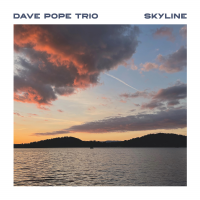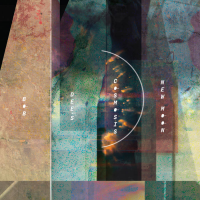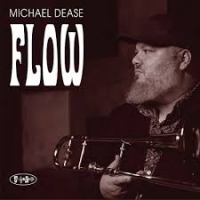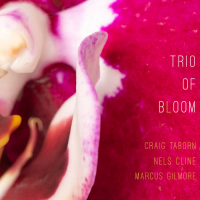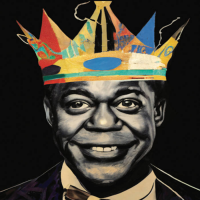Home » Jazz Articles » Album Review » Wallace Roney: If Only for One Night
Wallace Roney: If Only for One Night

Miles Davis
trumpet1926 - 1991
Most telling is Roney's statement in Francis Davis' liner notes. "I'm not sure Miles had to give up what he already had to get where he was going," says Roney, referencing Davis' well-documented and lifelong rejection of what came before. Unlike most for whom the spirit of Davis looms large, rather than focusing on a single period, Roney integrates aspects spanning Davis' four-decade run, as well as touchstones from the work of 
John Coltrane
saxophone1926 - 1967

Herbie Hancock
pianob.1940
With longtime musical partner/brother/saxophonist 
Antoine Roney
saxophone, tenor
b.1963
Tony Williams
drums
1945 - 1997
Roney's quintet is as comfortable with an even fierier take of Prototype's fusion-esque "Quadrant" as it is the intensely swinging "Metropolis," from No Room For Argument (Stretch, 2000)—two originals that demonstrate the trumpeter's acute ability to fashion an eclectic nexus—one clearly hidden to his mentor—where all his innovations meet. Roney's chops have never been more exhilarating or tastefully focused, whether waxing prolific on "Metrolopis" or more intently thematic on his closing, a capella "FMS."
The group's youngest members demonstrate Roney's ever-astute skill in locating unknown but remarkable talent. Cuban keyboardist 
Aruán Ortiz
piano
b.1973
With even greater emphasis on high powered blowing and group chemistry than recent studio efforts, If Only for One Night is the live album Roney's been harboring for the past several years and further consolidation of where he's been...and where he's going.
Track Listing
Quadrant; If Only for One Night; Only With You; I Have a Dream; Metropolis; Let's Wait Awhile; I Love What We Make Together; FMS.
Personnel
Wallace Roney
trumpetWallace Roney: trumpet; Antoine Roney: soprano and tenor saxophones, bass clarinet; AruЁўn Ortiz: keyboards; Rashaan Carter: bass; Kush Abadey: drums.
Album information
Title: If Only for One Night | Year Released: 2010 | Record Label: HighNote Records
Tags
Comments
PREVIOUS / NEXT
Support All About Jazz
 All About Jazz has been a pillar of jazz since 1995, championing it as an art form and, more importantly, supporting the musicians who make it. Our enduring commitment has made "AAJ" one of the most culturally important websites of its kind, read by hundreds of thousands of fans, musicians and industry figures every month.
All About Jazz has been a pillar of jazz since 1995, championing it as an art form and, more importantly, supporting the musicians who make it. Our enduring commitment has made "AAJ" one of the most culturally important websites of its kind, read by hundreds of thousands of fans, musicians and industry figures every month.


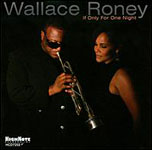






 Buy Now
Buy Now

